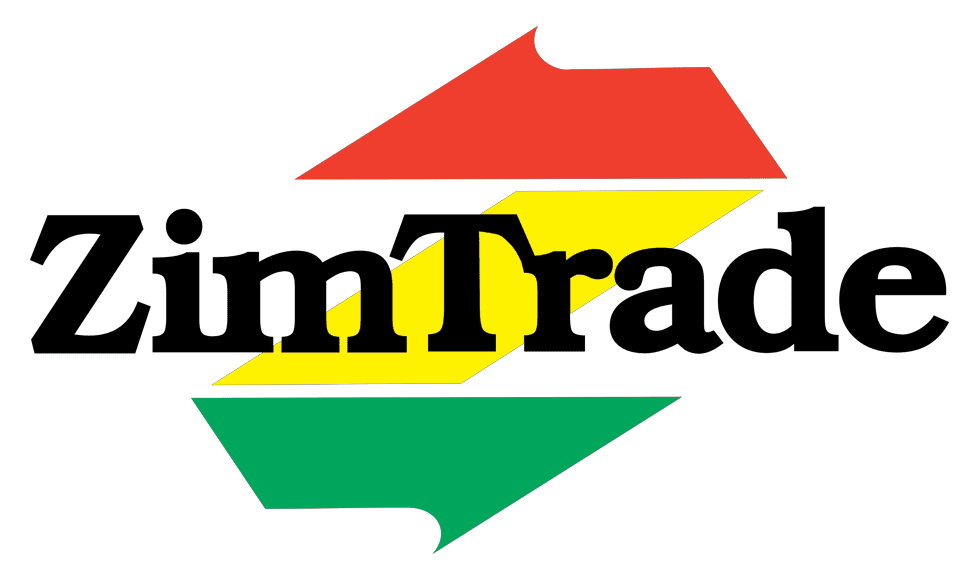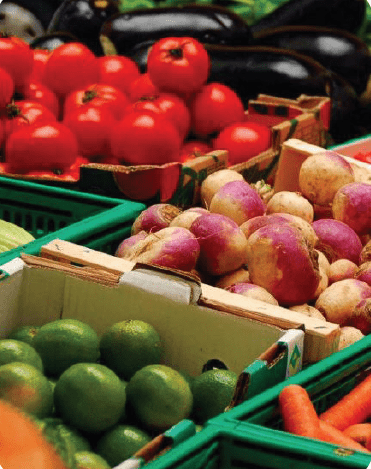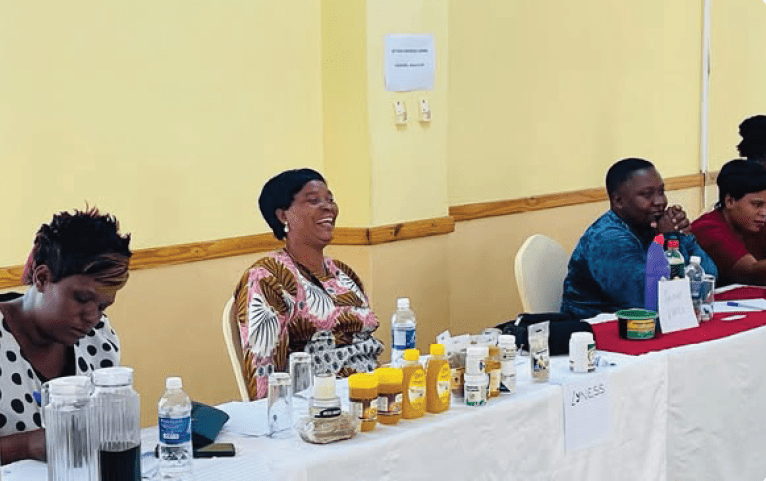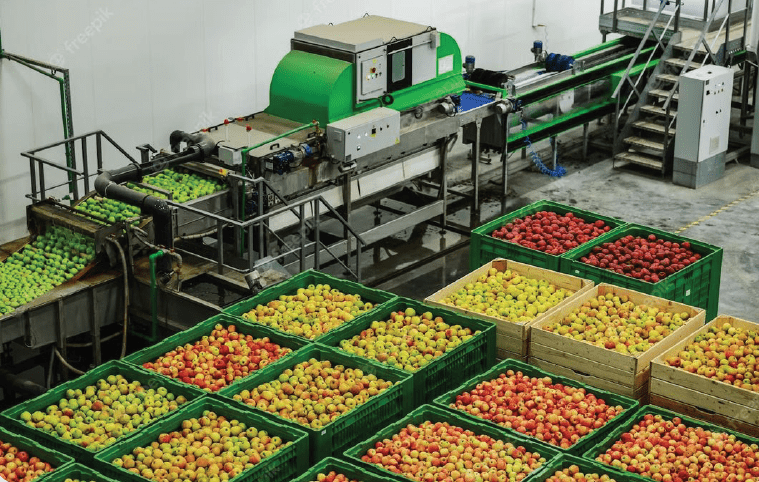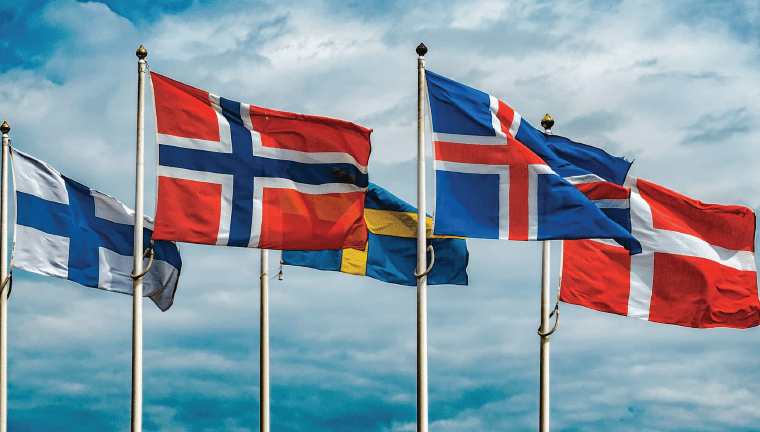By Runyararo Mukahanana
THE RECENT participation of Zimbabwe at the 20th Malaysia International Halal Showcase (MIHAS), held from 17-20 September, has positioned the country as a reliable supplier of value-added products, including processed foods.
The showcase also provided participating companies with an opportunity to learn from emerging and leading trends in the halal market.
This exposure is expected to enhance the production of goods destined for Malaysia, ensuring that Zimbabwean products meet the evolving expectations of international consumers.
Zimbabwe’s presence at MIHAS was a strategic statement of intent, designed to anchor its agro-food and value-added industries in a lucrative global halal economy.
The engagement also marked a crucial step toward building a robust domestic halal ecosystem capable of meeting the strict standards demanded by international buyers.
MIHAS is the world’s premier trade platform for halal goods and services, serving as a critical hub for deal-making that connects global halal buyers and suppliers.
The 2025 edition of MIHAS attracted a diverse array of government bodies, certification agencies, buyers, and service providers from various sectors, including food, cosmetics, pharmaceuticals, finance, tourism, and fashion.
Led by ZimTrade, the Zimbabwean delegation showcased a compelling selection of natural, agricultural, and processed goods, including honey, horticultural exports like blueberries, herbal products, teas, and popular local beverage brands.
Participating companies from Zimbabwe engaged in business-matching sessions, sample distribution, and buyer meetings aimed at converting interest into tangible orders.
A consistent takeaway from the event was the central role of halal certification and traceability in securing high-value contracts.
Buyers at MIHAS require more than just a natural product; they demand verifiable compliance and assurance that production, processing, storage, and packaging adhere to accepted halal standards.
While many Zimbabwean producers already follow good agricultural and manufacturing practices (GAP/GMP), a recurring recommendation from buyers was to build on this foundation by obtaining internationally recognized halal certification and implementing transparent supply-chain documentation.
To effectively translate the leads from MIHAS into a sustainable market presence, participating countries were encouraged to take several practical steps.
There is need to streamline halal certification pathways by collaborating with local and international accredited certifiers to establish clear and affordable routes for SMEs.
Public-private partnerships can play a crucial role by subsidising certification for export-ready firms.
Furthermore, strengthening traceability and quality systems is paramount.
This involves encouraging the adoption of basic GMP/GAP, robust packaging, and documentation for batch records and cold-chain management, especially for perishable exports.
Encouraging clustering and value-addition, for example, by standardising honey jars or creating ready-to-brew tea sachets, will also help firms command higher margins.
A fully functioning halal ecosystem, with certification, cluster services, and digital market access, offers multiple benefits, including diversified exports, higher unit prices for certified goods, job creation in rural processing, and enhanced resilience through broader market access.
